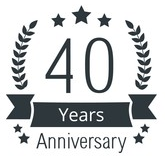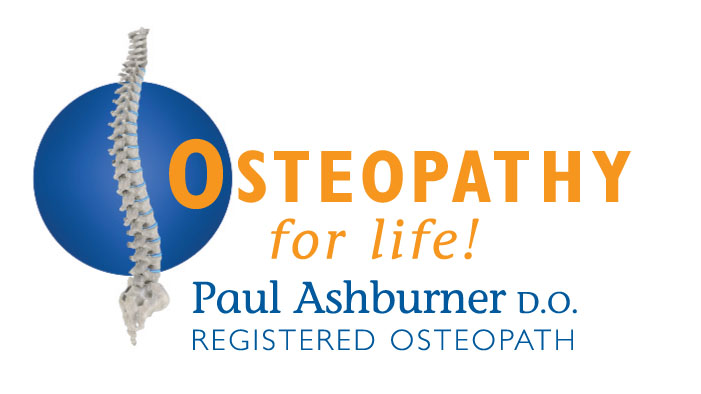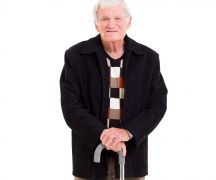
Health Articles
Instability and the increased risk of falling in later life
Studies suggest that one in 3 people over the age of 65 will have a fall. And having had a fall there is a 50% chance of another fall within 6 months.
The increase in falls has been seen to lead to brain damage from hitting the head and 95% of hip fractures in older people are as a result of falls which increases the risk of dying within one year
Being afraid of falling, increases the risk and leads to inactivity, depression, lack of stability, and ultimately reduced proprioception. On top of this a less active lifestyle is a factor in being overweight which compounds the problem with extra strain on weight-bearing joints such as the low back, hips knees and ankles.
Its been shown that the forward body lean is an indication of increased dependency on care with assistance required in bathing and feeding etc.
Forward head posture , where the head is forward of the shoulders is seen to increase the risk of falling. It also increases the curvature of the neck, a contributing factor in the incidence of nerve root irritation - the cause of numbness, or pins and needles in the hands arms or fingers. The additions strain on the posterior neck muscles can be a factor in sub-occipital headaches.
Another important factor in postural stability is the imbalance at the pelvis. Trauma to the lower limbs, or injury to the foot,ankle, knee or hipp can lead to pelvic mis-alignment. Dysfunction of the sacro-illiac joints can cause not only localised pain but can lead to tigtness in the muscles that are instrumental in hip mobility. If because of postural mis-alignment of or adaptation to the gait due to any of the above reasons, a peron then will put more weight on one knee or hip more than the other. It is, that can then cause the 'wear and tear' that over a period of time will result in function change,restriction of joint range and untimately in bony changes within the joint.
The author believes that early diagnosis, corrective mobilisation techniquesand exercise could ellievate the need for replacement joint surgery in many cases
Healthy-Aging
We all have to do it so me might as well do it best we can'
Poor posture can also affect
Breathing
Digestion
and Blood circulation
Indication of higher risk of falls includes:
- History of instability
- Hearing Problems
- Urinary incontinence ( increase in need to go to the bathroom in the night)
- Unfamiliar surroundings
Postural balance or lack of and the risk of falls are interconnected
- Awareness
- Control
- Environment
Good nutrition is a key component in maintaining healthy posture to help in maintaining bone density and muscle tone, with Vitamin D and Calcium and protein being important elements of the diet.
Being more active a person is more likely to have better muscle control, improved proprioception and spacial awareness.
Exercise programmes can be included to improve posture and an active postural awareness will help to improve the posture, improve the gait and thereby reduce the risk of falling
Posture defines us and we are defined by our posture
Sitting is a modern day serious influencer on body posture and is common place from working long hours at computers, sitting to eat at the coffee table whilst watching tv or playing video games together with the use of smartphones.and leads to shortening of the core muscles.
Balance is a complex function involviing:
- Eyes
- Ears,
- Muscles and joints ,
- brain and nervous system.
Proprioception tells us where we are in space and helps to keep us safe.
Long term adaptation to injuries acquired in early life and left unresolved, repeated postural habits due to work, or playing one-sided activits such as golf, squash or badminton can cause postural compensation, asymetrical muscle development and lead to postural instability`
Loss of Height in older life
It has always been suggested that loss of height in older age is due to the loss of fluid in the intevertabral discs, leading to reduced spacing between the vertabra. Whilst this may be true, what s now also apparent is that as the curvatures of the spine increase, so then the height of the person reduces.
Reducing the Risks of falls
Benchmarking by taking a picture can be a good start and helps to give the person and awareness of their posture.
- Strong posture exercises to help to strengthen core muscles and improve stability
- Ensuring good nutrition, including Vit D, Magnesium and protein to maintain healthy bones and muscles
- Being active particularly through such activities such as Tai Chi, Pilates and Yoga
- Reducing hazards in the home such as tattered rugs, moving slippers and pets from the vicinity.
- Massage and Mobilisation of joints to improve tone and flexibility
New to the Practice?
To book an Initial Consultation you should call on 01773 843 033 during office hours. Our friendly reception staff will be pleased to find a convenient appointment for you.
Existing Patients:
Book your next appointment online by clicking the button below:
Book your Appointment
Conditions patients often seek our help for:
Latest News
Latest Articles
Payment Methods
We accept payments by cash, bank transfer and credit/debit cards.



